

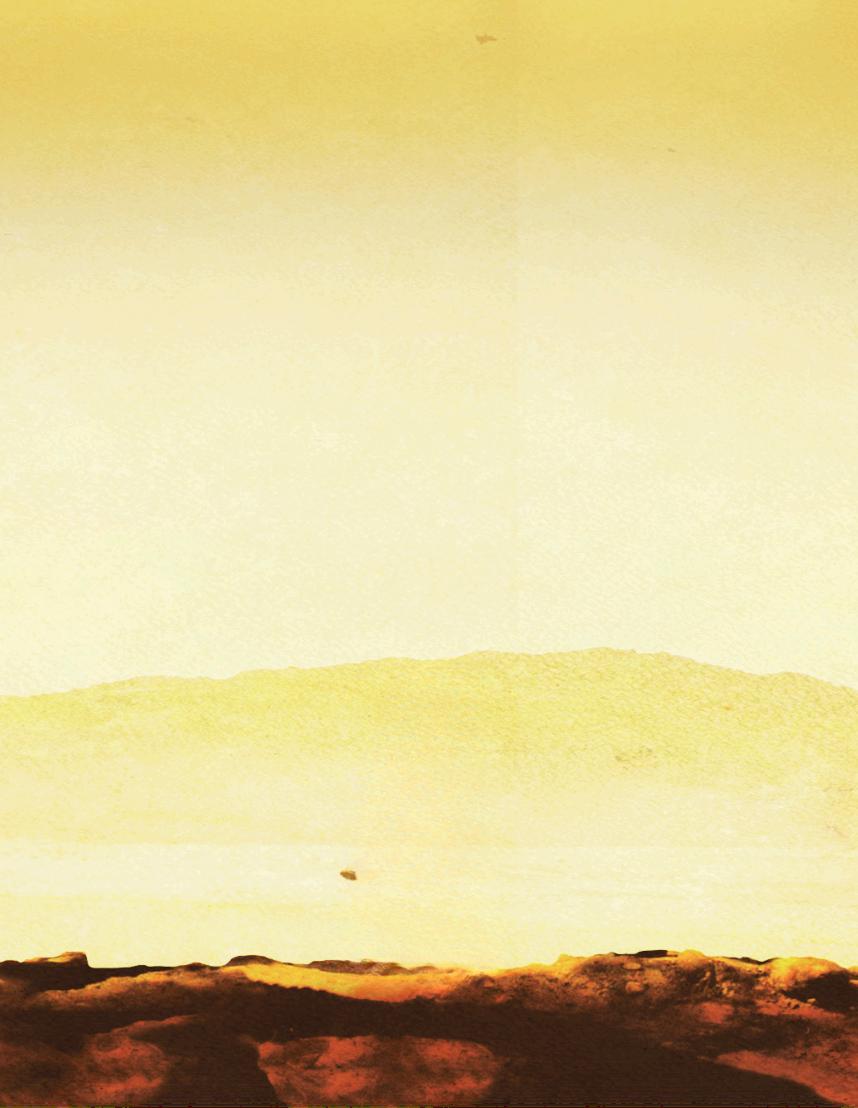













This resource pack is aimed at students and their teachers, particularly those who are studying A Thousand Splendid Suns as an English text or within Drama and Theatre based courses. It is also a useful resource for those interested in doing further research before or after watching the play.
There are sections of the script available that may interest youth theatres and adult theatre companies. There are also activities suitable for schools and theatre companies to use to explore themes and issues covered within the play.
The resource pack gives readers further insight into the themes of the play and the process of developing the novel into a stage production.
You can also view the Rehearsal Trailer.
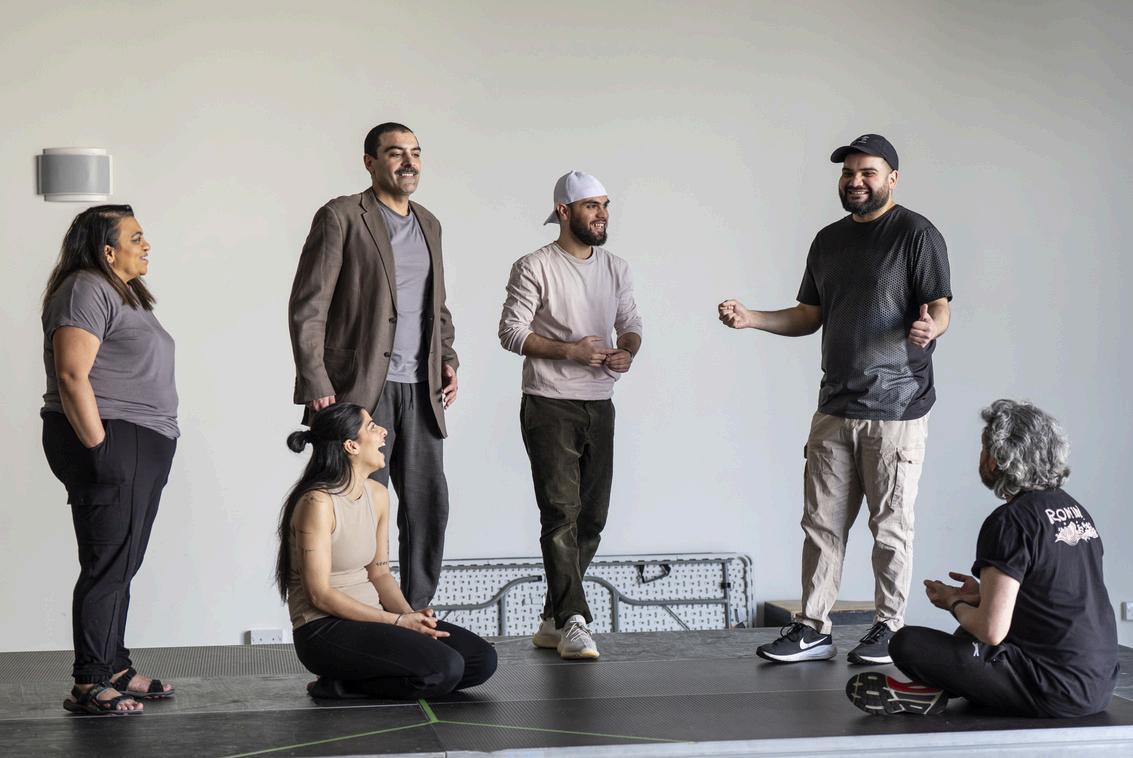
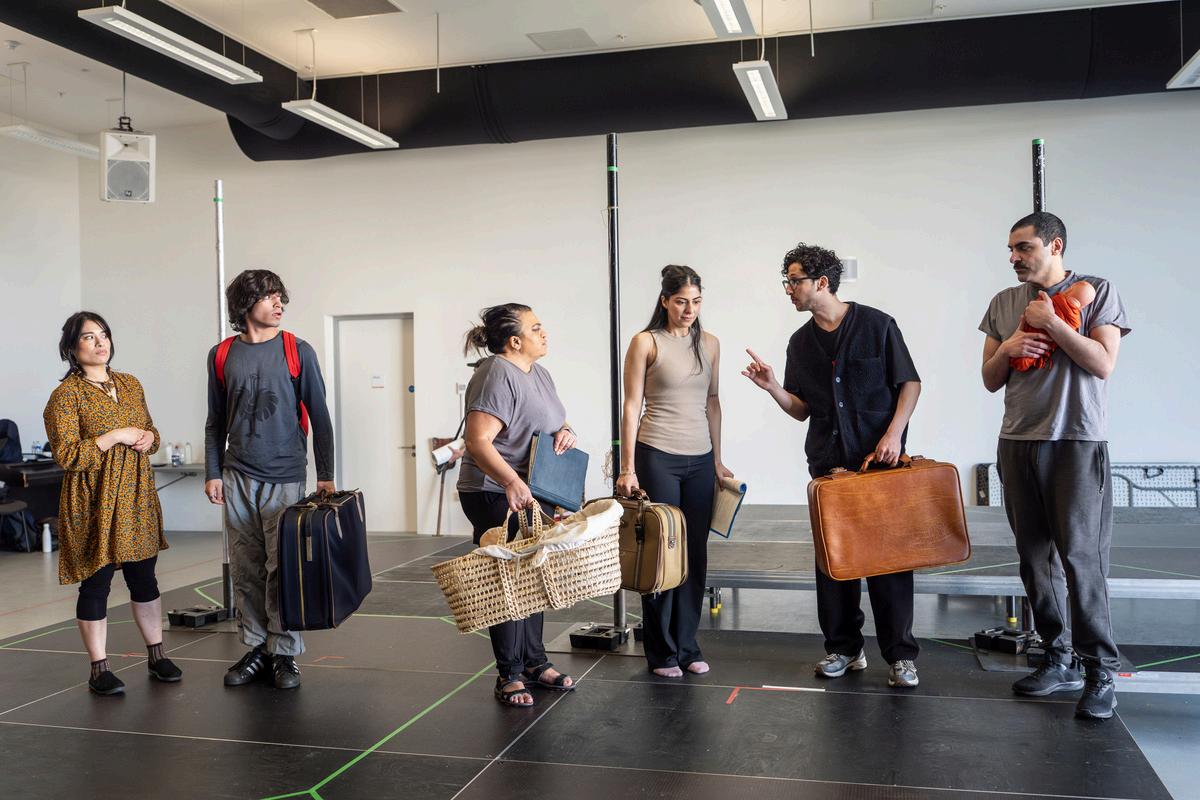
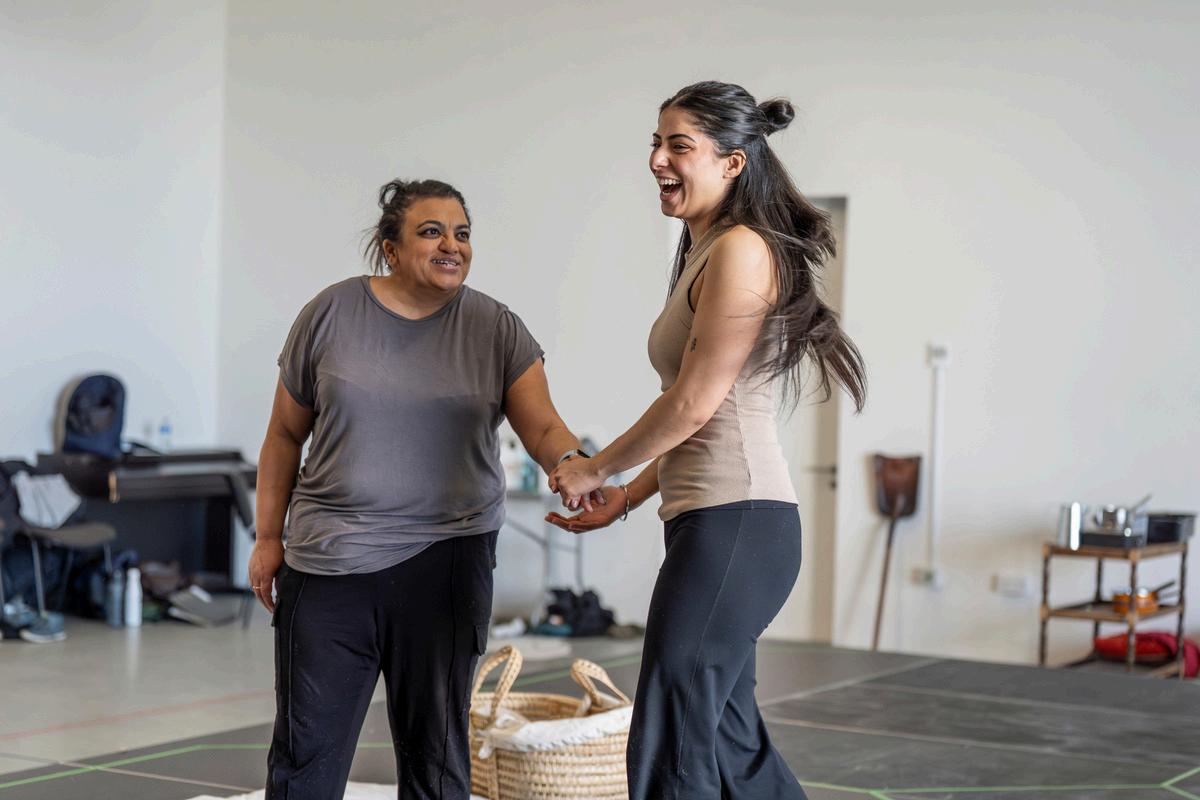


A Thousand Splendid Suns focuses on the lives of two women in war torn Afghanistan beginning in 1992.
Laila and her parents are packing. They have come to the decision to leave Kabul and escape to Pakistan where they are hoping to find refuge and possibly reunite with Laila’s childhood friend Tariq, and his family. However, as Laila’s parents are in the house, a missile lands on it, blowing the house to pieces and covering Laila in rubble.
She is rescued by Rasheed, a local man, and his wife, Mariam. Laila is certain at first that she will be able to find Tariq and his family who will take her in, but she is visited by a man who informs her that Tariq died in hospital next to him. Laila is heartbroken and when Rasheed decides to take Laila as a second wife, much to Mariam’s dismay, Laila readily accepts.
Though there is initially high tension between the two women, they form a strong and unbreakable bond once Laila has given birth to her daughter: Aziza.
Through a series of flashbacks we learn more about both the women ’ s lives.

We discover that Mariam is born illegitimately in the 1950s to her mother Nana and father Jalil. Mariam idolises her father, much to her mother’s disgust, who tells her that her father will let her down because she isn’t his ‘real’ daughter. Jalil visits Mariam every week in their Kolba away from the main city of Herat.
For a birthday present, Mariam asks to visit one of her father’s cinemas to see Pinnochio with all her brothers and sisters. The day comes but her father never arrives. Much to her mother’s desperate pleas and insults, Mariam makes the journey to see her father but he refuses to see her. Sadly, when Mariam returns home, she finds that her mother has killed herself.
Jalil’s wives pressure Mariam into an arranged marriage with a much older man; Rasheed, a successful business owner. We find out that Mariam falls pregnant many times but sadly she never manages to become a mother. After years of miscarriages, Rasheed’s attitude towards his wife becomes harsher and he regularly beats and abuses her.
Laila, on the other hand, grows up in a modern household, where her mother is able to freely express her opinions and her father regularly encourages her to achieve her dreams and go to university. Both Laila’s brothers are killed during the ongoing conflict and this affects her mother greatly.

We find out that Laila has a very close bond to a boy called Tariq, and though the two insist they are just friends, they finally realise their true feelings for one another when Tariq and his family decide Kabul is no longer a safe place to live. They spend one night together before he leaves, just a week before her family is killed in a missile attack…
Back in the 90’s, Mariam and Laila are both subjected to Rasheed’s violent temper and outbursts, particularly after a failed attempt to escape.
Laila gives birth to a little boy called Zalmai, and whilst this pleases Rasheed, they begin to struggle as Rasheed’s shop is ransacked and drought devastates the country. Rasheed forces Laila to place Aziza into an orphanage.
As the women return home they find Tariq standing outside the house; alive and well. When Rashid finds out about Tariq’s visit, he is overcome with anger and tries to strangle Laila to death. Mariam does what she sees as the only possible option; she hits Rasheed over the head, killing him.
Mariam accepts the responsibility for what she has done and receives a death sentence. This allows Laila, who she views as a daughter, to escape safely to Pakistan with her children and Tariq.
Khaled Hosseini is an Afghan-American novelist and physician, best known for his novels The Kite Runner, A Thousand Splendid Suns and And The Mountains Echoed.
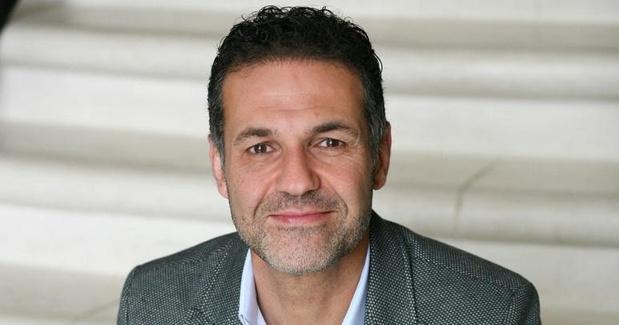
Hosseini was born in Kabul, Afghanistan in 1965. His father was a Diplomat for the Afghan Foreign Ministry and his mother was a teacher at a High School in Kabul. In 1976, the Hosseini family were relocated to Paris by the Foreign Ministry. Though they wanted to return to their home in Kabul in the 1980s, Afghanistan was suffering after an extremely violent communist coup and was under invasion by the Soviet Army. The family sought and were granted political asylum in the United States and they moved to San Jose, California.
After High School, he attended Santa Clara University, graduating with a degree in Biology in 1988. He then went on to earn a medical degree in 1993 from the University of California. It was while he was a practicing internist in Los Angeles that Hosseini began writing his first novel, The Kite Runner, which was published in 2003. Following its huge success, Hosseini decided to quit medicine and focus solely on writing. Each of his books are set, or partially set in Afghanistan and feature an Afghan as the main protagonist. Hosseini took inspiration for his novels from his own experiences in Afghanistan and draws on influences gained whilst in exile in Paris.
His books, The Kite Runner, A Thousand Splendid Suns, and And the Mountains Echoed, have been published in over seventy countries and sold more than 40 million copies worldwide. Today, Hosseini is recognised as one of the best selling authors in the world.



Ursula Rani Sarma is an Irish/Indian playwright, screenwriter, and poet. She first found a passion for directing and playwriting when attending University College Cork.
Her first major breakthrough as a playwright came with Like Sugar on Skin, which received critical aclaim and multiple awards and attracted attention from Traverse Theatre in Scotland, The National Theatre and the BBC, who were all keen to commission new material.
Further credits include: feature film In The Shadows (Sleeper/ Affine Films / True Brit), Bodkin (Netflix/Higher Ground/Wiip), Smother (Treasure/BBC Studios/ RTE), Delicious (Sky One/Bandit), and Red Rock (Element/TV3) amongst others.
Sarma is currently Writing and Exec Producing The Split Up a series for television with Sister Pictures for the BBC as well as developing projects for Bad Wolf/Sky, George Clooney's Smokehouse and Gillian Anderson's Fiddlehead / Netflix amongst others.
Sarma has written numerous award-winning plays which have been produced around the world. They include Yerma (West Yorkshire Playhouse), The Dark Things (Traverse Theatre), Birdsong (The Abbey Theatre), Joanne (Clean Break) and The Magic Tree (Everyman Theatre) amongst many others. Her work is published by Oberon, Faber and Faber, Nick Hern and Penguin Random House. She is currently writing plays for The National Theatre, The Abbey Theatre and EON Productions.

Sarma founded Djinn Theatre Company in 1999, where she still remains Artistic Director.
In 2013, she was approached by the American Conservatory Theatre (A.C.T.) to adapt A Thousand Splendid Suns. The strong female characters appealed to Sarma’ s own mission to bring more femalecentred stories to the stage. Sarma read the novel several times and met with Khaled Hosseini to discuss the historical and political background of Afghanistan from that time, as well as doing her own personal research to fully understand the context of when the story was set.
She says: “This play is about the immense strength and endurance of women and how they can survive tremendous suffering to keep those they love alive. It is also about how even in the darkest of times and places, love can grow and sustain the human spirit beyond all pain and hard-ship. It’s about friendship and loyalty, courage and selflessness, grief and violence. What the play has to say about love, endurance, and survival is very much worth listening to for a contemporary audience.
There is beauty and strength at the heart of A Thousand Splendid Suns, and I feel so proud to be part of its evolution from novel to stage. ”

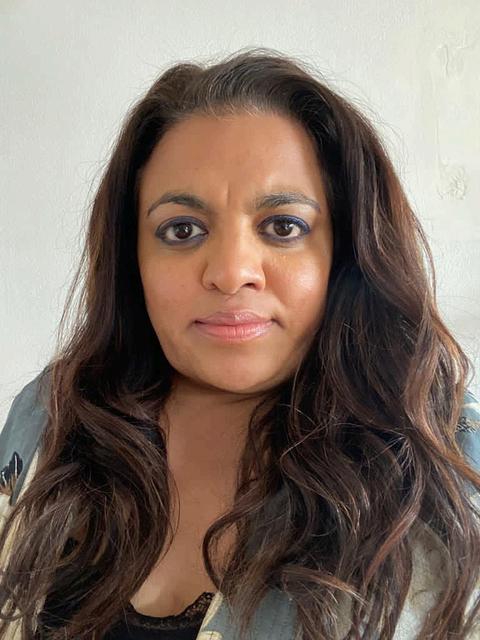
Rina Fatania plays Mariam

Jonny Khan plays Tariq, Wakil & Driver

Tahir Shah plays Jalis, Abdul Sharif, Interrogator & Militiaman

Kerena Jagpal plays Leila

Noah Manzoor plays Zalmai & Wakil’s Wife
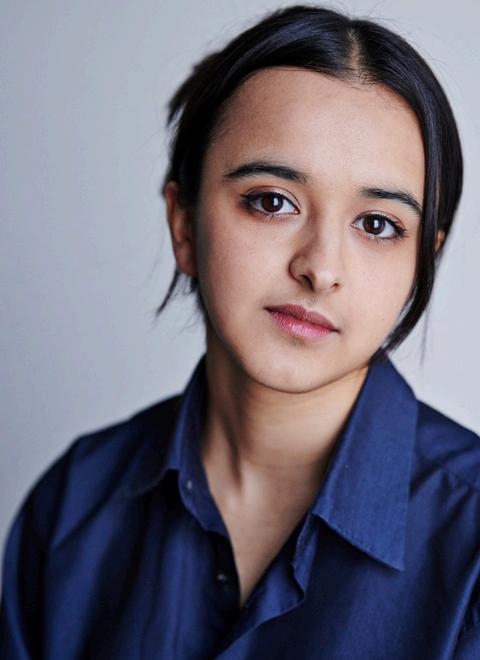
Humera Syed plays Young Mariam & Aziza
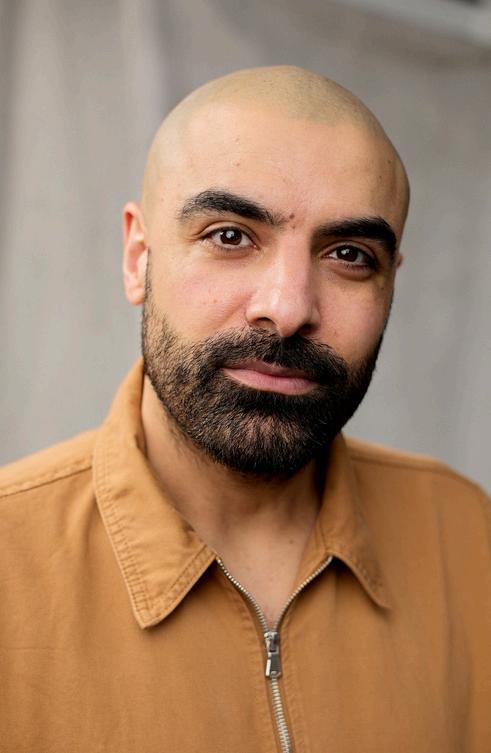
Jonas Khan plays Rasheed
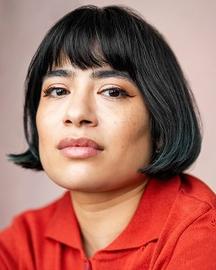
Peyvand Sadeghian plays Nana, Fariba & Doctor
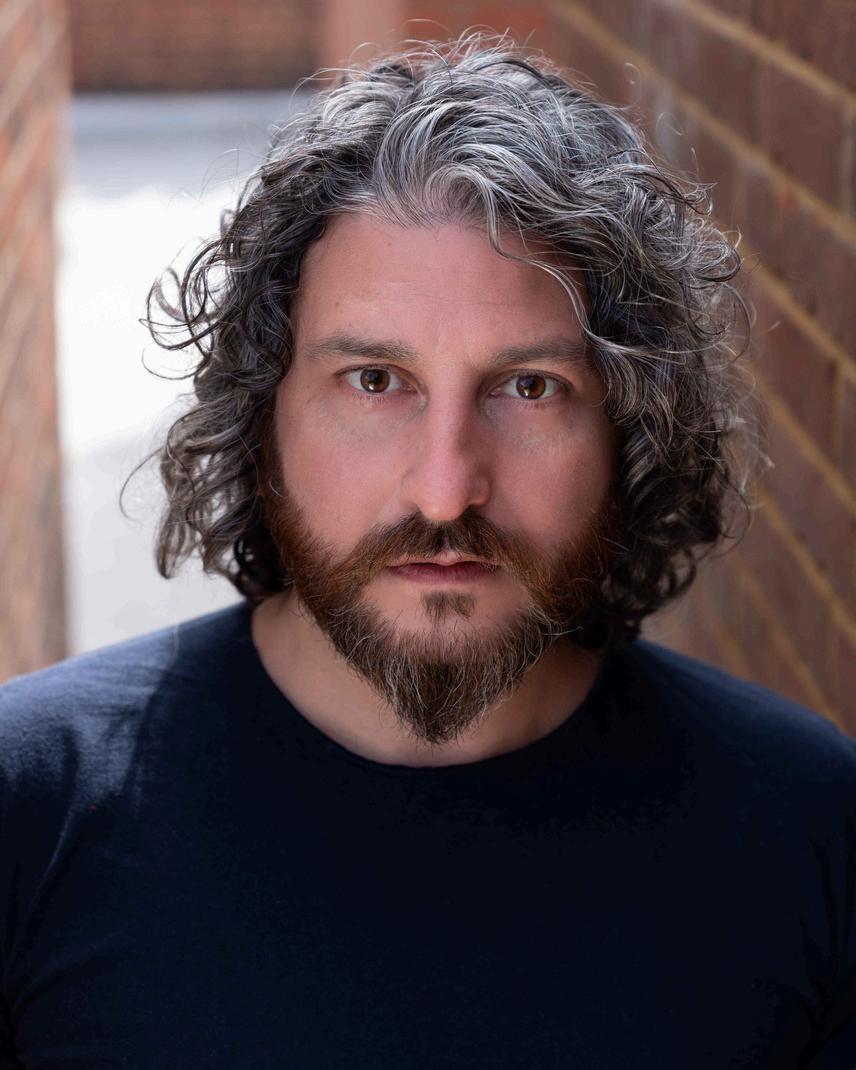
David Ahmad plays Babi, Mullah Faizullah, Zaman & Militiaman

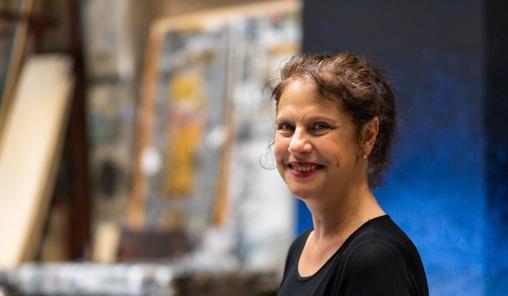
Silbert, who has long been drawn to stories that give a voice to the unheard and overshadowed, believes this narrative holds profound relevance today within Afghanistan and more broadly.
Playwright Ursula Rani Sarma adapted Khaled Hosseini's acclaimed novel for the stage, creating a play that retains the novel's emotional depth and potency.
“It's the most beautifully written book. And I loved that it was two women at the centre of it. I just feel like the story of women in Afghanistan does not get the focus it deserves. Given what's going on now, it feels like it's under the radar. And so it felt like a really important story to tell.”
At the heart of the story are two women, Mariam and Laila, who are brought together by unexpected and challenging circumstances and united by resilience and solidarity.
Mariam and Laila’s journey spans decades and captures the personal cost of war, oppression, patriarchy, and survival. Yet, amidst the darkness, their relationship becomes a beacon of light.
“We go from 1989 to 2001; it's quite a range of time in the play. And so it tells the history of Afghanistan, but it tells it through personal relationships between these two women and with their common husband.
“And it felt like a really important story to tell, which had a very beautiful relationship between these two women at the heart of it, who are cowives, but it's also a mother-daughter relationship and a friendship. And there's so much love at the heart of it. These women are so extraordinary.
“You get to really know and love these people, all of them in the play. Even Rasheed, the husband, you may not forgive what he does, but you come to understand where that comes from.
“It's an incredibly compassionate book and play about what happens in that family. And that family is like a metaphor for what's happening in a wider cultural context. I find that the relationship between the political and the personal is very moving; those things are very connected.”
Silbert reflected on her approach to directing the play today compared to 2019, given the current situation in Afghanistan.
“We have a lot of Afghan input into the production through the creative team and casting. So it feels much more connected in a way. “There is a lot of humour in it because the people in it are funny, but also, the way people often deal with crisis is through humour, so that still exists in the play, but it’s also got a much darker edge.”
The play also highlights how Islam can be understood and “expressed” in diverse ways, challenging one-dimensional views of faith and its expression.
“Because of the period in which it is set, faith comes in many colours. Everyone is Muslim, but the way they interpret the faith is very different depending on which character's eyes you see it through. So what I think it does is examine faith, 360 degrees.”
The play's final scene unfolds in 2001, 24 years ago. Yet, as Silbert asserted, its themes and messages still “resonate.”
When asked what she hopes Afghan women and wider audiences will take from the play, Silbert expressed a desire for Afghan women to feel heard and for broader audiences to gain awareness of Afghanistan's past and present realities.
“I hope they feel their voices are being heard and that the stories of their mothers and grandmothers are being validated, that it shines a spotlight on Afghanistan in a way that might make people curious to explore further and find out what’s happening now.
“This is an incredibly emotive play; it really touches people, and with any pieces of theatre, you want to move people, transform them. You want to give them a way of empathising with people they might not have thought of empathising with.”
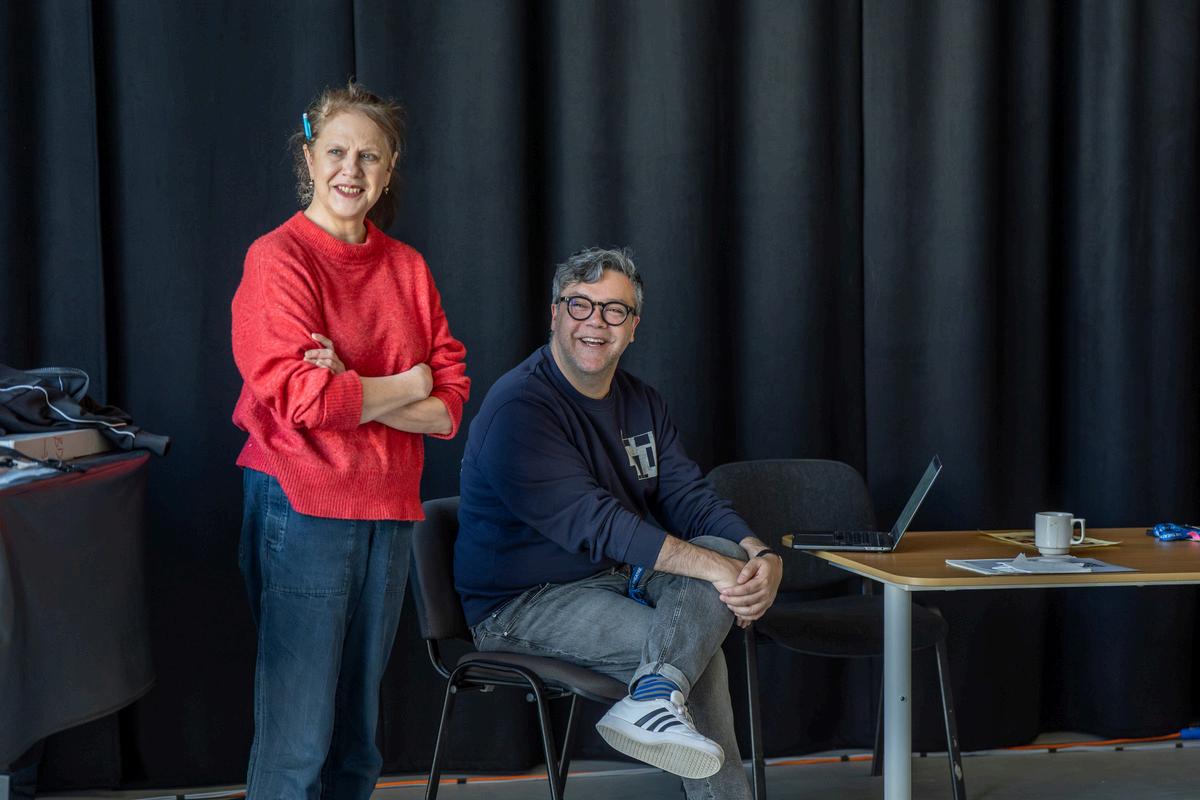

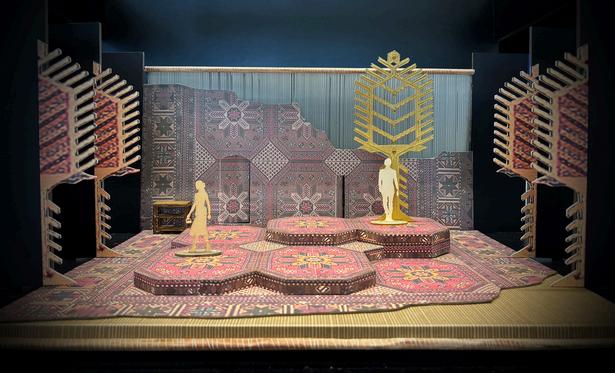

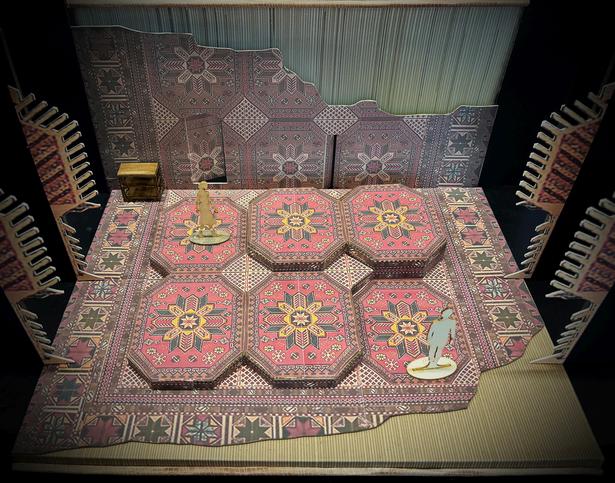
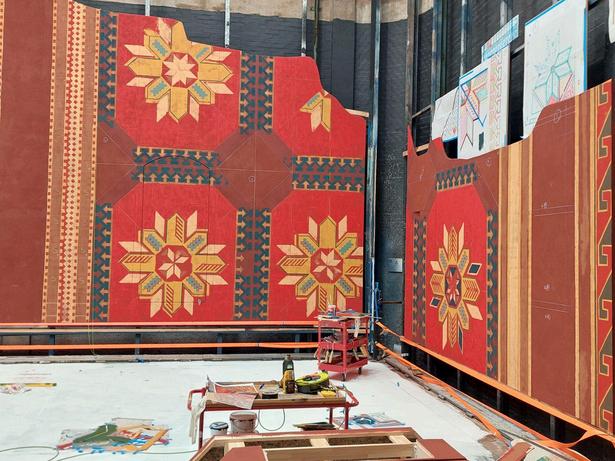
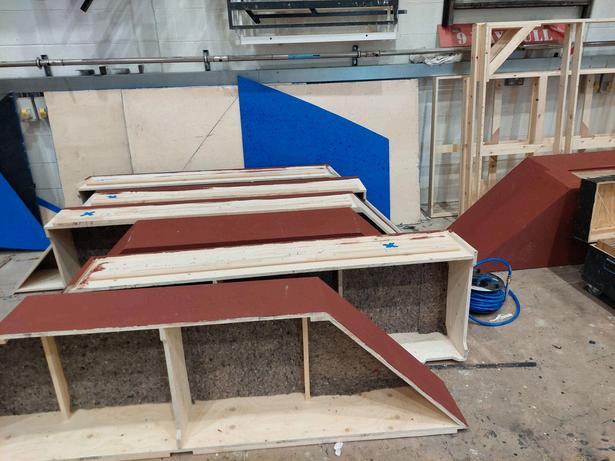
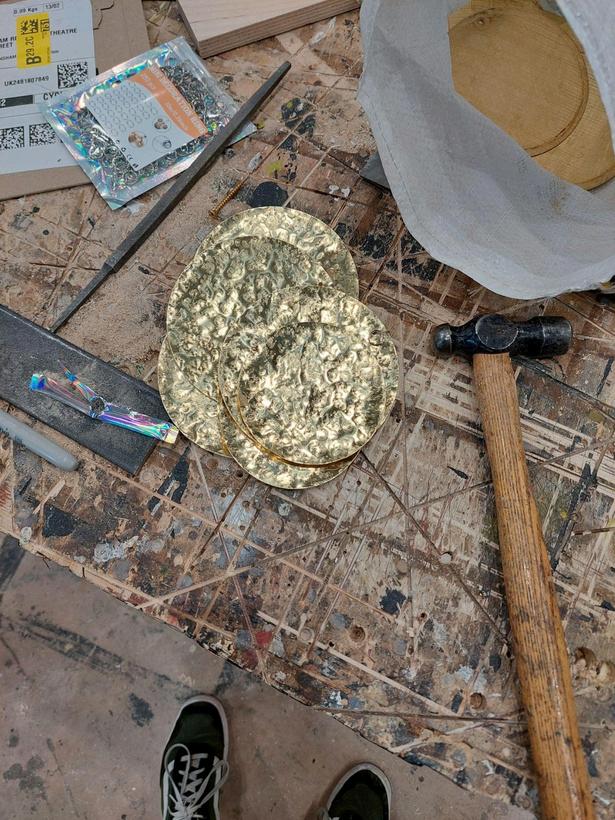
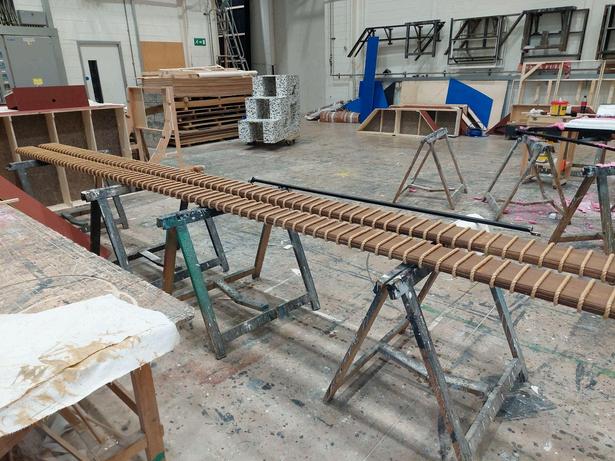

These sections of the script are suitable for GCSE and A level students to explore in lessons. They are equally interesting for any adult drama group to perform as they are challenging scenes exploring themes of control, resentment, politics, motherhood, oppression, abuse, unity and more. They give a good insight into the play and could also be used as stimuli to devise theatre.
Act 1 Scene 1: A conversation between Laila and her parents as they are packing up to move to Peshawa.This is a good example of a time before the Afghan regimes infiltrated minds with restrictive ideologies, when it was still possible for women to attend university and work freely.
Act 1 Scene 4: Taken from the first act and comes shortly after Rasheed has married Laila. Rasheed treats Laila as if she is the malika, the queen, and he expects Mariam to serve Laila’s every need. The tension between the women is rife and it creates an interesting scene to explore.
Act 2 Scene 3: Laila and Mariam have formed a friendship and care for one another deeply. They have shared the parenting of Aziza and they are coming to terms with what it means for women living in a country under Taliban occupation.
Act 2 Scene 4: As poverty starts to make a real impact on the family, Rasheed makes a decision that horrifies Laila.
Fariba: It’s your father you should feel sorry for…having to leave all his precious books behind…look at him…in agony…
Babi: It’s like that game…you ’ re going to a desert island and you can only bring five books, which ones would you choose? You never think you will actually have to do it…
Laila: Poor Babi, can I help?
Babi: (overwhelmed) I have six more boxes inside…perhaps it’s better to leave them all behind.
Laila: How about I choose for you? I’ll put them in a bag and you won’t open it until we get settled?
Babi: Thank you Laila…but some things people just have to do for themselves…(Babi exiting) No time…we have no time…
Fariba: When I met him my friends would say ‘Hakim may not be the best for mending a fence, but if you have a book that needs urgent reading then he’s your man ’ . (Laila laughs) I don’t know why you ’ re laughing, you ’ re the very same.
Laila: I can fix things, I fixed the screen.
Fariba: Yes but you ’ re a thinker, a dreamer, not like your brothers, they were fighters. (beat, she looks back towards the house) I have spent so many days inside this house…laying in bed…listening to the ticking of the clock… thinking of all the minutes, the days and years spread out before me. All of it without them.
Laila: Mammy don’t…
Fariba: (Fariba looks to her, touches her face) But at least I still have you eh?
Babi: (enters with another box of books) Maybe we will catch up with Tariq andhis family when we get to Peshawar, they left what? Ten days ago now? What do you think Laila?
Laila: (nonchalant) Maybe.
Fariba: Look at her, pretending not to care.
Laila: I didn’t say I didn’t care.
Fariba: Well it’s time he did something about the situation, right Hakim? How old is Tariq? (Babi exits again)
Laila: Seventeen.
Fariba: It was one thing when you were little kids running around but now things are different…and remember he is a boy so he doesn’t care about reputation but you are a girl and a pretty one at that. Your reputation is a delicate thing. Like a mynah bird in your hands, loosen your grip and away it flies.
Laila: He’s like a brother to me.
Fariba: (furious) That he is not, you will not liken that one legged carpenter’s boy to your brothers. There is no one like your brothers. You don’t remember them, you were too young when they went off to fight, but they were real men… heroes, Laila.
Laila: Yes Mammy, I know.
Fariba: All I’m saying is if you ’ re not careful, people will talk… (Babi re enters with another box of books) Isn’t that right Hakim? Tariq should ask for her hand…
Babi: Oh boys can wait, Laila can be anything she wants…(to Laila) Things weren’t always like they are now, here in Kabul women taught at the university, they ran schools, held office in the government. These days will come again -
Fariba: And where will we be then? Long gone.
(Laila, Rasheed and Mariam are eating. Rasheed is delighted; giddy even, eyes on his new bride. The tension between Laila and Mariam is obvious. 1992.)
Rasheed: What is this? Have I married a pair of statues? Go on Mariam, say something to her…(Mariam continues to eat) Though you mustn’t blame her, she hasn’t got much to say. We are city people but she is a village girl, she has had no education, she knows nothing of books or politics, not like us. She grew up with her crazy mother in a kolba made of mud outside the village. Her father put her there. Have you told her Mariam? Have you told her you are a harami? That your mother hung herself from a tree? No?
(Laila looks at Mariam in shock, she didn’t know)
(Rasheed stands and walks away leaving Mariam and Laila at the table. Mariam is barely containing her fury, her pride straining at breaking point.)
Laila: Mariam I -
Mariam: (exploding) I won’t be your servant, I won’t.
Laila: No. Of course not.
Mariam: You may be the palace malika and me a dehtie, but I won’t take orders from you. He can slit my throat but I won’t do it, do you hear me? I won’t be your servant.
Laila: No, I don’t expect –
Mariam: If you think you can use your looks to get rid of me you ’ re wrong. I was here first. I won’t be thrown out. I won’t have you cast me out.
Laila: It’s not what I want.
Mariam: I see your wounds are healed up now, you can start doing your share of the housework.
Laila: Yes of course…and I wanted to thank you for taking care of me.
Mariam: Well I wouldn’t have fed you and washed you and nursed you if I’d known you were going to turn around and steal my husband.
Laila: Steal!
Mariam: And one more thing. I have no use for your company. I don’t want it. I want to be left alone and I will return the favour. That’s how we will get on.
(Mariam stands and returns to the sink)
Laila: You know I didn’t ask for this, for any of this…
Mariam: (looks at her scathingly) And you think I did? (she goes back to the sink)
(From offstage Rasheed calls.)
(Aziza, 9, reads from the flyer. Mariam listens nearby attentively. Laila, pregnant is kneading bread and listening also. Aziza stumbles over some of the words. Aziza is excited, as if this flyer might bring exciting news)
Aziza: Our watan is now known as the Islamic Emirate of Afghanistan. These are the laws that we will enforce and you will obey: All citizens must pray five times a day, if it is prayer time and you are caught doing something else you will be beaten. All men will grow their beards. All boys will wear turbans. Singing is forbidden. Dancing is forbidden. Playing cards -
Laila: Cards?
Aziza: Shh Mammy…I’m reading
Laila: Sorry…
Aziza: Playing cards, chess, gambling and kite flying are forbidden.
Laila: Kites? This is ridiculous
Aziza: Mammy…stop interrupting
Mariam: Go on Aziza…
Aziza: Writing books, watching films, and painting pictures are forbidden. If you keep parakeets, you will be beaten and the birds killed.
Mariam: What did parakeets ever do to the Taliban?
(Aziza giggles at this, as does Mariam, a secret smile between them. They adore each other)
Laila: I see you don’t tell your Khala Mariam to stop interrupting
Aziza: If you steal, your hand will be cut off at the wrist, if you steal again your foot will be cut off.
Mariam: If people are stealing it is because they are starving
Aziza: (over the following Aziza becomes more somber as she reads. Laila and Mariam more concerned) Attention women: You will stay inside your homes at all times. If you go out you must be accompanied by a male relative. If you are caught alone you will be beaten and sent home. You will not, under any circumstance, show your face. You will cover with a burka when outside. Cosmetics are forbidden. Jewellery is forbidden. You will not wear charming clothes. You will not speak unless spoken to. You will not make eye contact with men. You will not laugh in public. You will not paint your nails, if you do you will lose a finger. Girls are forbidden from attending school. All girls’ schools are to be closed immediately. (Aziza looks at Laila upset now) No school Mammy? Why?
Mariam: They can’t do that, Aziza has to go to school, she has to…this can’t be right…you read it Laila
(Laila wipes flour from her hands and takes the flyer herself)
Laila: Women are forbidden from working. If you are found guilty of adultery you will be stoned to death. Listen. Listen well. Obey. Allah-uakbar…
Mariam: (Taking this in) Lets hope that baby in your belly is a boy…
Laila: Why?
Mariam: Because this country has declared war on women…
Rasheed: (Rasheed turns to Laila and looks at her) What has happened to you anyway? I married a pretty young girl and now I’m saddled with a hag…look at you, you are turning into Mariam.
Laila: (biting her tongue) You should go, you’ll be late for work at the kebab shop.
Rasheed: I’m not going to work.
Laila: What?
Rasheed: Monkey faced Uzbek fired me…
Laila: Well that’s great.
Rasheed: I won’t take orders from an idiot like him.
Laila: And what are we supposed to eat? You owe money to every lender in town.
Rasheed: Shut your mouth.
Laila: Wasting money on new toys and clothes for Zalmai when Aziza’s ones were perfectly fine…and that ridiculous television that could get us killed.
Rasheed: My son will have the best.
Laila: While the rest of us starve? Aziza is fading away before my eyes…her ribs are pushing through her skin…her calves are as thin as my arm I can’t bear it…I can’t.
Rasheed: Well…I’ve decided we will send her out to beg…
Laila: (beat, incredulous) No.
Rasheed: I wasn’t asking.
Laila: I don’t care if you are or not.
Rasheed: I owe more than you know about and there is nothing left to pawn: your ring, the gun, everything of value is long gone…and you’d be amazed how much children can bring in…there are others like her… younger even…everyone in Kabul is doing the same.
Laila: I don’t care about everyone else.
Rasheed: I’ve made enquiries…there’s a safe corner near the mosque.
Laila: I won’t let you turn my daughter into a street beggar.
Rasheed: I’m warning you woman.
Laila: You’re the only one allowed to go out and get a job so go out and get one.
Rasheed: (Incandescent with rage, it takes every thing he has not to go for her.) I swear you ’ re going to make me kill you Laila…I swear it…
Discuss:
What are the key moments in the story? Why are these keys moments? What is their significance to the story? Does this moment say something particular to the audience?
Devise and perform:
Decide on some key moments in the play. Create a montage of pictures detailing the lives of the women. They can be in chronological order, or in the play’s order with flashbacks.
Pupils should be taught about:
DfE: Promoting British Values as part of SMSC in schools states that pupils must be encouraged to regard people of all faiths, races and cultures with respect and Schools should promote the fundamental British values of democracy, the rule of law, individual liberty, and mutual respect and tolerance of those with different faiths and beliefs.
Through their SMSC provision, schools should further tolerance and harmony between different cultural traditions by enabling students to acquire an appreciation of and respect for their own and other cultures.
https://pshe-association.org.uk/ks3-4-pshe-education-whatit-covers-and-why-it-works#living-in-the-wider-world
Discuss:
Explain to the students we all have a shared culture but we also have cultural differences due to family, upbringing, religion and other factors. Firstly, place a chair in the middle of the room and establish that the chair represents British culture. Ask the students to stand in relation to the chair depending on how much they can relate to British culture, i.e. the closer they are the more British they feel.
Following on from the first exercise, encourage the students to be open-minded so you can have a mature discussion about what they think might be shared culture and what could be cultural differences that impact their lives and decisionmaking.
Vote with your feet:
You could use the following statements to begin discussions on cultural differences. Divide the room into sections with “Strongly Agree” on one side through to “Strongly Disagree” on the other. Get students to place themselves on the scale of how much they believe this statement to be true to them. Some of the statements may need a further explanation, depending on the age of the students. You will know your students and you will know how far to challenge them with some of the questions below:
Is education a privilege? 1. Should everyone have the right to vote? 2. Do you believe in democracy? 3. Does religion affect culture? 4. Are some jobs better suited to certain genders? 5. Do you believe that there is an ideal family structure? 6. Do you think you should have children outside of marriage? 7. Do you have your own language or way of speaking that you think people from a different generation would struggle to understand?
8. Is it important to know your neighbours? 9. Are you proud of your cultural heritage? 10.
Devise & Perform:
You may want to explore these issues further through drama. These questions could be a really interesting starting point for a piece of improvisation, Theatre in Education piece or a piece of forum theatre.
Pupils should be taught about:
The development of the political system of democratic government in the United Kingdom, including the roles of citizens, Parliament and the monarch
The operation of Parliament, including voting and elections, and the role of political parties
The precious liberties enjoyed by the citizens of the United Kingdom
The nature of rules and laws and the justice system, including the role of the police and the operation of courts and tribunals
The roles played by public institutions and voluntary groups in society, and the ways in which citizens work together to improve their communities, including opportunities to participate in school-based activities:
https://www.gov.uk/government/publications/nationalcurriculum-in-england-citizenship-programmes-ofstudy/national-curriculum-in-england-citizenshipprogrammes-of-study-for-key-stages-3-and4#:~:text=Key%20stage%203,Teaching%20should%20develop&text=Pupils%20should%20b e%20taught%20about,the%20role%20of%20political%20par ties
Read & discuss:
Aziza and Laila read aloud a flyer they have received from the Taliban in Act Two Scene Three. It is a list of rules that have to be obeyed by all the people living in Kabul and it reads as follows:
“Our watan is now known as the Islamic Emirate of Afghanistan. These are the laws that we will enforce and you will obey: All citizens must pray five times a day, if it is prayer time and you are caught doing something else you will be beaten. All men will grow their beards. All boys will wear turbans. Singing is forbidden. Dancing is forbidden. Playing cards, chess, gambling and kite flying are forbidden. Writing books, watching films, and painting pictures are forbidden. If you keep parakeets, you will be beaten and the birds killed. If you steal, your hand will be cut off at the wrist, if you steal again your foot will be cut off. Attention women: You will stay inside your homes at all times. If you go out you must be accompanied by a male relative. If you are caught alone you will be beaten and sent home. You will not, under any circumstance, show your face. You will cover with a burka when outside. Cosmetics are forbidden. Jewellery is forbidden. You will not wear charming clothes. You will not speak unless spoken to. You will not make eye contact with men. You will not laugh in public. You will not paint your nails, if you do you will lose a finger. Girls are forbidden from attending school. All girls’ schools are to be closed immediately. Women are forbidden from working. If you are found guilty of adultery you will be stoned to death. Listen. Listen well. Obey. Allah-u-akbar…”
Imagine you were to receive this flyer in your home today. Discuss what rules (if any) you can understand and discuss what rules would be the hardest to keep. Spend 5-10 minutes discussing the rules and then feedback your thoughts to the wider group.
If you were given the power, what one law would you create? On your sheet, represent the law that you would create and explain why you have chosen it. You can make it as comical or as serious as you like and you could use satire to comment on society, for example, ‘ any young person expecting to get a job after school will lose a finger,’ or ‘ any young women expecting to be paid as much as young men in the future will be stoned to death.’
The law I would create is _______________________________________
The reason I chose this law is
Devise a scene where a politician explains these new laws to members of the public. How might people react to hearing them? Would some people be for the laws? Are others against them? Write down any interesting lines of action or dialogue that come out from the drama.
Perform these scenes to each other within the class or group setting.
Pupils should be taught about:
How stereotypes, in particular stereotypes based on sex, gender, race, religion, sexual orientation or disability, can cause damage (e.g. how they might normalise nonconsensual behaviour or encourage prejudice). The legal rights and responsibilities regarding equality (particularly with reference to the protected characteristics as defined in the Equality Act 2010) and that everyone is unique and equal. https://pshe-association.org.uk/ks3-4-pshe-education-whatit-covers-and-why-it-works#living-in-the-wider-world
Read & discuss:
The play depicts the harsh treatment of women in Afghanistan, particularly under the Taliban regime. The play’s two main characters, Mariam and Laila, experience the unfair treatment of women at the hands of Rasheed, who has power over them as dictated by the law. We also see how women are treated as second-class citizens and banned from going to school, working and even leaving the house unaccompanied.
(Laila panics. Pauses, trying to think. We hear the sound of Aziza crying in the distance)
Laila: That’s my daughter crying, she’s frightened, may I go to her brother?
Interrogator: I prefer Officer. You do realise that running away is a crime? That the punishment is imprisonment?
Laila: (knows her lies are futile, changes track) Please Officer… let us go…what does it matter to you to let two women go? What’s the harm in it? We are not criminals.
Interrogator: It’s the law. Women don’t seem to realise how dangerous it is for them in these times of turmoil. A woman traveling alone is not safe. It’s our responsibility to protect you.
Laila: If you send us back, he will kill us, what about your responsibility then?
Interrogator: What a man does in his own home is his own business.
Laila: Even if that means killing his wife?
Interrogator: (standing) This interview is over…I must say you have made a very poor case for yourself…very poor indeed…take her out
(Rasheed stands and slowly removes his belt from his trousers as he watches Laila)
Rasheed: After all I have done for you and your child…pulled you from the rubble, gave you a roof over your head and fed and clothed you…
Mariam: Please Rasheed…
Rasheed: Took you in out of the goodness…the goodness of my heart...and married you…all for what? So you could throw it back in my face?
(Rasheed hits the table with his belt making both women flinch)
Mariam: Please…
Rasheed: (to Mariam) And you…(beat) after all these years was it so easy to betray me? To see me humiliated in my own home? In front of my son? (His rage is growing by the second, he moves towards Mariam with menace)
Laila: Leave her be… (Rasheed pulls Laila onto the table. Mariam claws at him but Rasheed pushes her off.)
Rasheed: Get off me…(He launches on Laila again now as she tries to defend herself. He hits her with his belt, once, twice, three times.)
Mariam: Rasheed….stop…please stop…
Now look at the following article: Roe v Wade: US Supreme Court ends constitutional right to abortion (June 2022) https://www.bbc.co.uk/news/world-us-canada-61928898
Reflect on women ’ s rights in other countries around the world and discuss if you feel they are better or worse. Think about what message the playwright of A Thousand Splendid Suns is trying to impart to the audience and how it can be applied to a wider context. Share your thoughts with other members of the group.
Taking these ideas as stimuli, create a montage of freeze frames which depict the lives of women both in Afghanistan and around the world. Think about how each of the images come together to create an overarching message.
Once you have created the images, think about how you can move between them to create a seamless piece of performance. Think about adding music, sound, and even speech to accompany your piece.
Show your finished movement sequence to the rest of the group and ask for feedback on what worked and what could be improved for next time.
The struggle for power is explored in A Thousand Splendid Suns; generally through the power the government exhibits over Afghanistan and personally through Rasheed’s relationship with Mariam and Laila.
Below are two exercises that can be used to inspire students before they begin working on the main activity task.
In pairs, assign yourselves as Person A and Person B. To begin, A places their hand on top of B’s and pushes down while B pushes up, creating tension between their hands. The key is to maintain continuous contact without losing connection.
A will lead first, guiding B around the room while incorporating changes in height—moving high and low through the space. Once completed, switch roles so B can take the lead. For the next round, repeat the exercise, but this time, the person being led will close their eyes, relying on their partner to guide them safely through the space while others are moving around. This challenges trust and deepens the connection between partners.
1. How did you feel being led around the space verses being the leader in the space?
2. How does this exercise relate to the relationships in A Thousand Splendid Suns? Who in the play holds power, and how does it shift?
3. What moments in the play require trust between characters? How is trust gained or broken?
4. When power was taken away from you in the exercise (as the follower), did you try to resist? How does this connect to Mariam and Laila’s experiences under Rasheed’s control?
5. In the final round, when you couldn’t see, did you ever feel unsafe? How does this relate to the risks and fears faced by the women in the play?
6. How does trust evolve in the play, and do you think all power dynamics in the story are permanent?
Autin Dance Company teaches a physical activity that can be adapted to explore the relationship between people, the space around them and their relationship to both.
1. Split the group off into pairs
2. Ask the group to label themselves A & B
3. Explain to the group that A will take on the role of the Leader and B the role of the Follower
4. The leaders place their hands on the followers’ shoulders with open palms
5. The Leaders can now control the followers’ actions.
- To move them forward they can gently push forward on the shoulders
- To get them to stop they can gently push down
- They can guide them left or right by gentle manoeuvring them by the shoulders
- They can guide them to walk backwards as well
6. The key to this is that the follower must have their eyes closed/be blindfolded can give complete control to the leader
7. After 5 minutes A & B can switch roles where A becomes the follower and B becomes the leader
8. You can try this in silence or play various background music, but there should be no conversation between participants.
Following this exercise sit the group in the circle and discuss:
- How did you feel in your role as the Leader?
- Did you notice anything about how the follower reacted to your directions?
- How did you feel as a follower?
- Did you notice anything in how the leader manoeuvred you?
- Did you prefer being the leader or the follower?
- What was the dynamic between the follower and the leader?
Wrap up the exercise by explaining the feeling of helplessness experienced by the follower is a key theme within the text of A Thousand Splendid Suns and Leila's journey at points feels like any and all decisions are out of her control just like your choice in where you moved. The leaders on the other hand may have experienced moments of enjoyment misleading the follower and directing them towards walls or enjoying moments where the follower felt uncomfortable or nervous. This again can be linked to how many of the characters, such as Raheem, feel at key points during the text.
Though Rasheed is acknowledged to have the greater status and power over his wives, there are moments throughout where he clearly feels threatened by their intelligence and later, their allegiance to one another, to the point where he will beat one of them just to cause the other woman grief.
This activity allows participants to discuss who has the highest status in the play, as well as considering the personal relationships between each of the characters.
Laila: She adores you.
Mariam: Don’t mind him, he’s a brute I told you.
Laila: Sometimes I think about putting chili in his toothpaste, you think Allah would forgive me?
Mariam: I know I would… (Laila and Mariam laugh as Rasheed enters. Sees them, paranoid.)
Rasheed: Where’s my meal? I said where is it? What have you been doing all day huh? Talking and sniggering? Is it too much to expect food to be ready when I come home from work? (He continues to hammer planks across the doorway.)
Laila: But how are we to get out?
Rasheed: I told you what I have seen out there. Dostum and Hekmatyar’s men are firing on Massoud and Rabbani forces from either side of the Kabul river. Regular people are being killed daily, by the dozen, unprovoked. Yesterday the hospital was shelled, they aren’t letting emergency food vehicles into the city, it’s a war zone out there and I am the only one protecting you from it.
Laila: But Aziza needs milk
Rasheed: (through gritted teeth) She will have to do without … (He looks at the boarded up door, mops at his bloody head. Takes a gun from inside his jacket and examines it. Mariam and Laila are shocked.)
Mariam: Where did you get that?
Rasheed: What do you think will stop us being killed in our beds? You think they can be talked out of it? You’re so stupid… so ignorant… (Mariam puts a plate before him, Rasheed scowls, tastes it, makes a fuss about spitting it out again) This rice is overcooked.
Mariam: I took it off the heat in plenty of time
Rasheed: And the meat is tough and greasy. Can you not get even the simplest thing right? Could your crazy mother not even teach you that much? (Mariam is stung by this, she turns away. Laila goes to stand near her, watches Rasheed, angry) Laila: What happened to your head Rasheed? Did someone beat you up? (Rasheed looks at her dangerously)
Rasheed: You have any idea what I risk just to put food on your plate? (looks away, furious) there are looters everywhere …(he turns to Laila) they barged into my shop, took everything that they could and destroyed the rest…just for the sake of it…just because they could… (looks up at Laila) Do you know what that means? No shop...no money...
Laila: (now this lands, she’s worried now) Did you report it?
Rasheed: (sneering) Report it? To who? Do you know who is in charge out there? The same man your stupid brothers gave their lives to fight for, the same ones your mother prayed would oust the Soviets…they are nothing but dogs! You see how stupid your brothers were? You see what kind of men they put on a pedestal?
Laila: Don’t you speak of my family - (This is too close to the bone, Rasheed slams his hand on the table)
Rasheed: Shut your mouth! Do you hear me? You want to know what the Mujahadeen’s men are doing to women? Beating, raping…yes...rape…they pluck women off the street and give them to their militiamen as rewards…and afterwards their own fathers and husbands kill them for the shame of it…you see how lucky you are? To be protected by me?
Laila: (refuses to give him the respect he wants, sarcastic) Oh yes…we ’ re very lucky… (Mariam can’t help it, she smiles at Laila’s sarcasm)
Read the extract and discuss the following questions:
Who starts the scene with the power? Does this shift at certain points in the scene? How do characters react when they feel a shift in power? Who ends the scene with the power? While characters like Rasheed are shown to be powerful in the home, this scene shows how little power he has outside, where he is beaten and his shop looted. Does his lack of power and status outside the home change the way we view him as a character? Do we feel any different towards him knowing this context?
How do Laila and Mariam’s small acts of defiance against Rasheed give them power? Why does Rasheed react so violently towards their friendship?
Split into groups of 3 and decide who is playing Rasheed, Mariam and Laila. Ask each member to write their character’s name on a sticker. They must wear the stickers so all members of the group can see their name visibly. Imagine we are at the beginning of the play. Make the characters all walk around the room and greet one another. How would they react to one another?
What would the characters say to one another if there were no consequences from their actions?
In the same groups, start to rehearse the above scene. Give each group three numbered playing cards and tell them to play their role, according to their card (1 = low status / 3 = high status). As the scene plays out, switch the playing cards whenever there is a change in status. At the end of the scene, discuss with the group if your character has ended with the same card they started with and how they might react to any change.